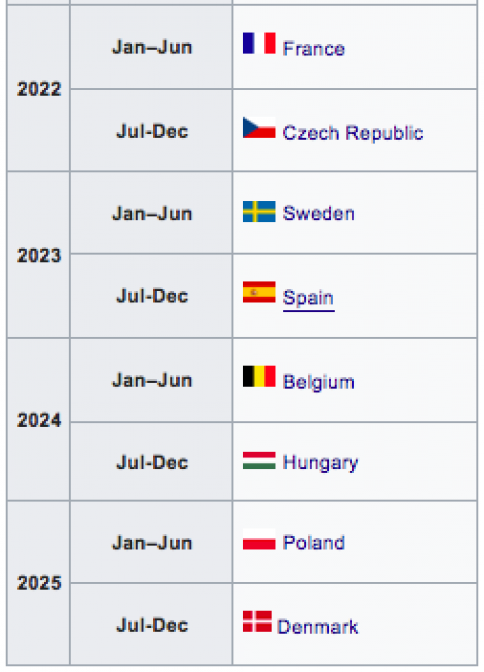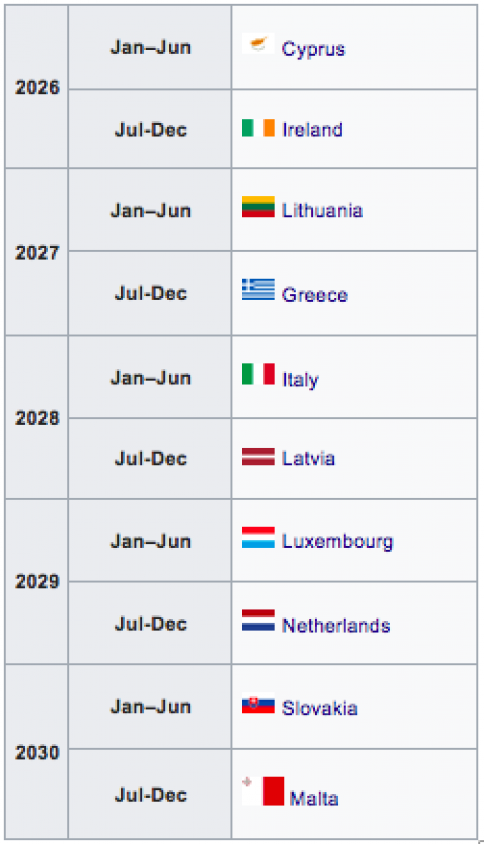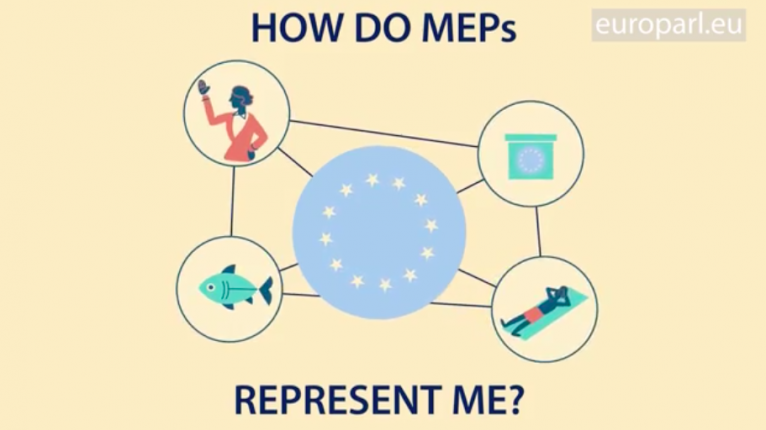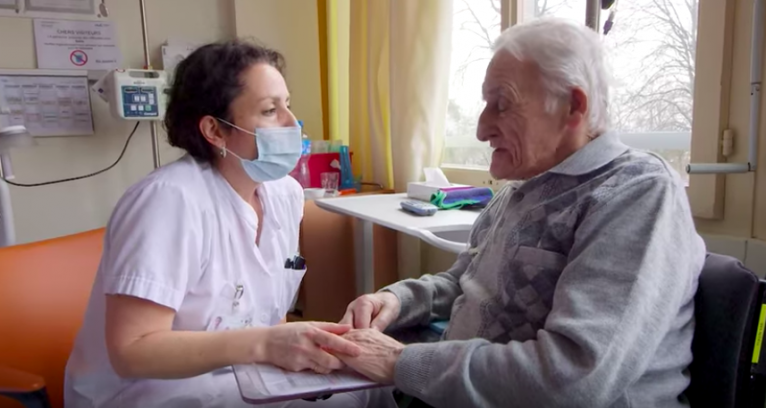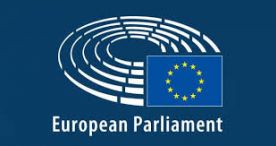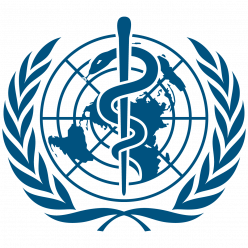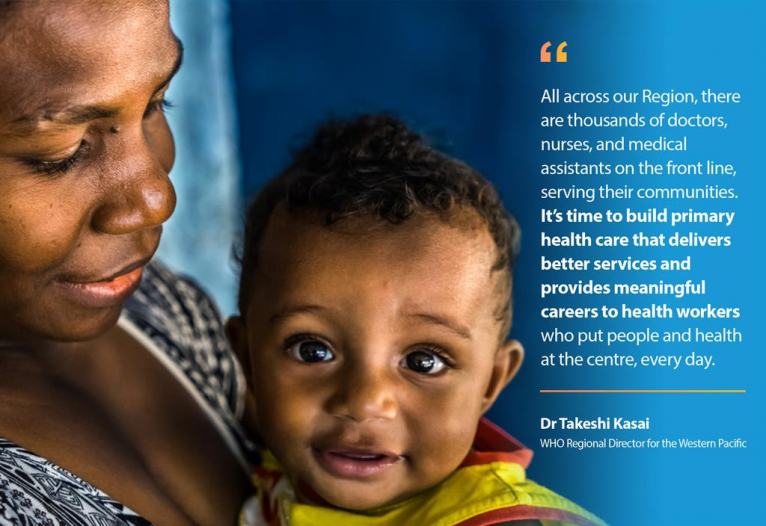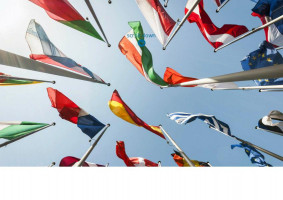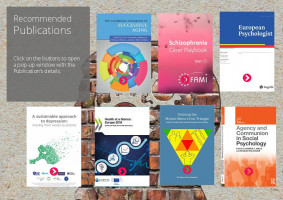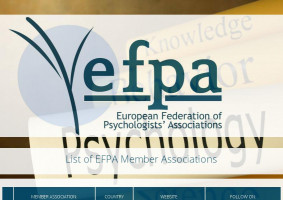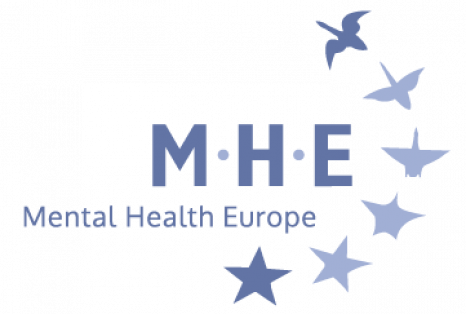
European elections May 23 - 26, 2019
What has the European Parliament done on mental health since the last 2014 European elections?
With courtesy of MHE-SME – Mental Health Europe
Though mental health is not a core competence of the European Union, the European Parliament decision making in the areas of social, disability, migratory and human rights policy are likely to have a direct impact on the wellbeing of millions of Europeans and on persons living with mental ill health and psychosocial disabilities.
What has the European Parliament done on mental health since the last 2014 European elections? What do we expect for 2019? Who are the most supportive MEPs on mental health related policy? To find out, read Mental Health Europe’s contribution to the 'On Our Watch' initiative which looks at the work of the EU Parliament at mid-term in various policy areas.
'On Our Watch' is an initiative from several Civil Society Organisations to monitor the work of the European Parliament and look forward to the 2019 European elections. During the current mandate, the European Parliament has made certain but limited progress on promoting and mainstreaming mental health and the rights of people with psychosocial disabilities.
European Elections 2019
Every five years EU citizens choose who represents them in the European Parliament, the directly-elected institution that defends their interests in the EU decision-making process. The next European elections take place on 23-26 May 2019 giving all adult EU citizens the opportunity to select who will represent them in the European Parliament. >>
Why should you vote?
The European elections in May 2019 will have a direct impact on your life. They will decide how Europe will act in the coming years to address your concerns about jobs, business, security, migration and climate change. Much has been done to help improve different parts of your life over the last few years. Work will need to continue in the next term.
How do MEPs represent you?
The European elections is about selecting who you want to represent you as an MEP and defend your interests in the EU. Not only can MEPs shape and decide on new legislation, they also vote on new trade agreements, scrutinise the EU institutions and how your tax money is spent, as well as launch investigations into specific issues.
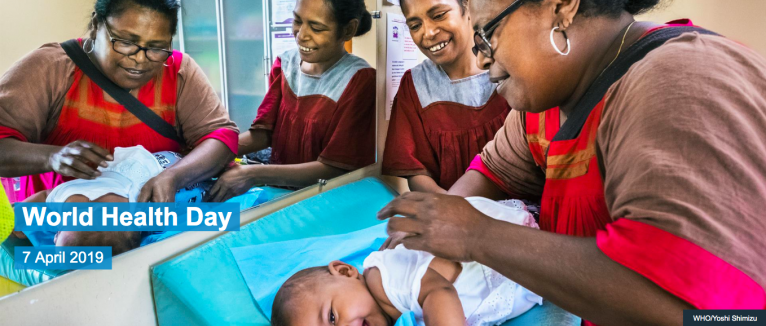
Universal health coverage (UHC) is about ensuring all people and communities have access to quality health services where and when they need them, without suffering financial hardship. It includes the full spectrum of services needed throughout life—from health promotion to prevention, treatment, rehabilitation, and palliative care—and is best based on a strong primary health care system.
Over the past decade, countries in the WHO Western Pacific Region have made significant health gains and increased commitments to advance UHC. The Regional Committee of the Western Pacific has agreed that countries should develop UHC roadmaps based on 5 attributes of high-performing health systems: quality, efficiency, equity, accountability, sustainability and resilience. Achieving UHC is one of the key targets of the 2030 Agenda for Sustainable Development, and it is the focus of World Health Day in 2019. >>
What we aim to achieve through the campaign
This campaign aims to help people better understand what universal health coverage means – what services and support should be available and where. We will provide visual material that helps people who have access to quality, affordable health care to understand what life is like for people without it and to advocate for equal access to care, everywhere. Health workers will have an important role to play in the campaign, helping decision-makers for health recognize what people need in terms of care, particularly at the primary care level. The campaign also presents an opportunity for ministers of health and other government decision-makers to commit to taking action to address gaps in universal health coverage in their countries, as well as to highlight progress that has already been made.
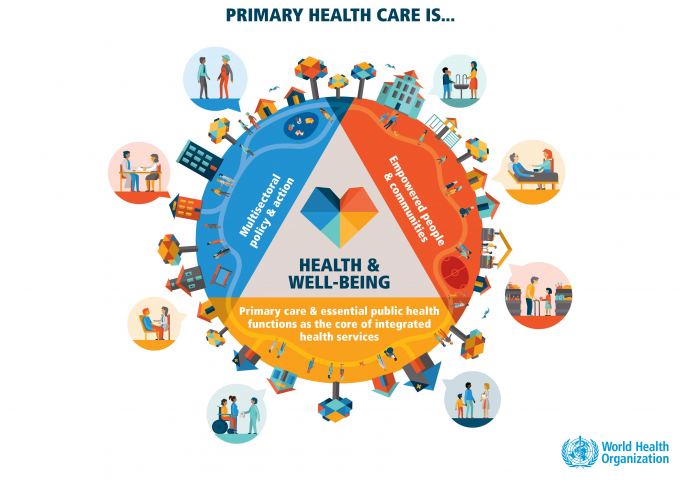
Universal health coverage – the bigger picture World Health Day 2019 falls midway between the Global Conference on Primary Health Care held in Astana, Kazakhstan in October 2018 and the High-level Meeting on universal health coverage to be held at the United Nations General Assembly in September 2019. The Day is one of many opportunities to communicate about the importance of equity in health-care services, for not only the health of individuals, but also for the health of economies and society at large.
European Parliament adopts Work Life Balance Directive
On 4th April, 2019 the European Parliament adopted the Work Life Balance Directive for parents and carers.
Click on the image here below for more information and to download the factheet ‘New start to support Work-Life Balance for Parents and Careers’.
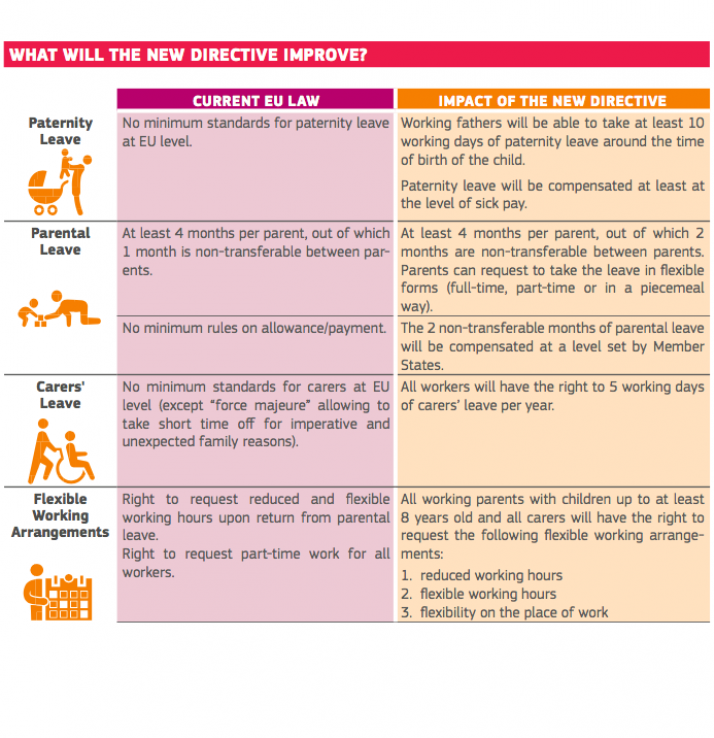
_w320_h252_1.png)
Mentally:
Looking at the perspective of health care professionals across Europe on the organization of mental health care.
Mentally is a European study on the perspective of health care professionals of how to organize mental health care. The study made use of focus groups within 6 European countries, including Norway, Sweden, the Netherlands, Belgium, Greece and Cyprus. The study was funded by the European Union. Lessons were learned around 5 major themes:
Availability and accessibility of mental health services: barriers and obstacles to obtaining the necessary care
Complications and dilemmas in assessment and diagnosis: required, needed, and overbearing
Facilitating referrals: processes, efficiency, and identifying and providing a broad spectrum of mental health services
Forms of care and the quandaries involved
Collaboration arrangements: making therapeutic practice relevant
Mentally has three main objectives:
To gather the necessary scientific evidence related to: health professionals’ perspectives, patients’ perspectives, the public mental health debate to develop a multi-applicable framework to achieve adequate access to mental health care in terms of diagnosis and treatment.
Making tools and practices accessible that could increase the efficiency and effectiveness of psychotherapeutic treatment.
The Mentally project targets:
Professionals working within primary and specialized mental health care
Ex-patients and possible patients of mental health care and their social network
The general public - academics - policy makers - journalists
MentALLY project is a pilot project which has received funding from the European Parliament.
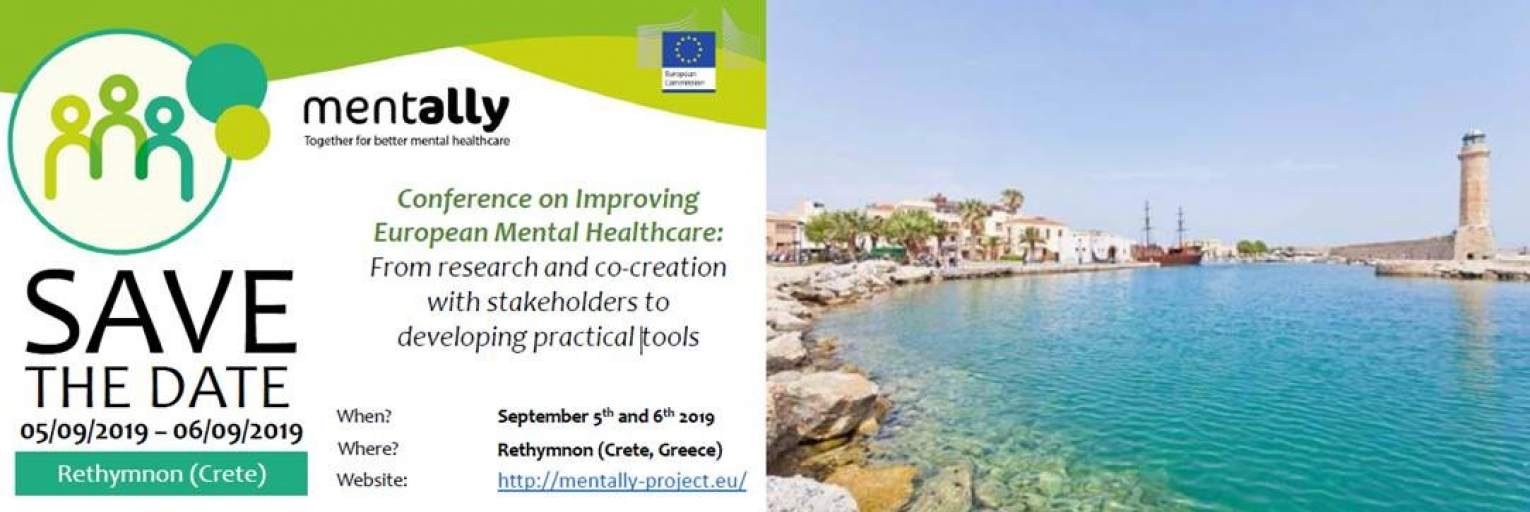
Blogs & newsletters
Here is a list of interesting blogs to follow and newsletters to subscribe to:
Clinical Psychology in Europe
Health and Care Professions Council (UK)
European Commission Public Health-EU: e-newsletter
International Association of Medical Regulatory Authorities (IAMRA)
European Parliament IMCO (Internal Market Committee)
United Kingdom: Professional Standards Authority (UK)
European Social Network ESN
Ireland: CORU Regulating Health + Social Care Professionals (Ireland)
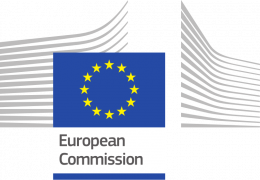
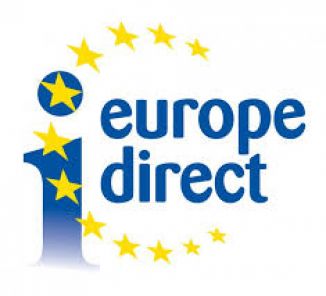
In person:
All over the European Union there are hundreds of Europe Direct information centres. You can find the address of the centre nearest you at: https://europa.eu/european-union/contact_en
On the phone or by email:
Europe Direct is a service that answers your questions about the European Union. You can contact this service:
by freephone: 00 800 6 7 8 9 10 11 (some operators may charge for these calls),
at the following standard number: +32 22999696 or
by email via: https://europa.eu/european-union/contact_en
EU publications
You can download or order free and priced EU publications here
Multiple copies of free publications may be obtained by contacting Europe Direct or your local information centre
EU law and related documents
For access to legal information from the EU, including all EU law since 1952 in all the official language versions, go to EUR-Lex at:
http://eur-lex.europa.eu
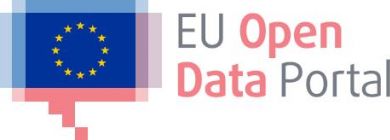
Open data from the EU
The EU Open Data Portal ( http://data.europa.eu/euodp/en)
provides access to datasets from the EU. Data can be downloaded and reused for free, for both commercial and non-commercial purposes.
_w484_h512_1.png)
